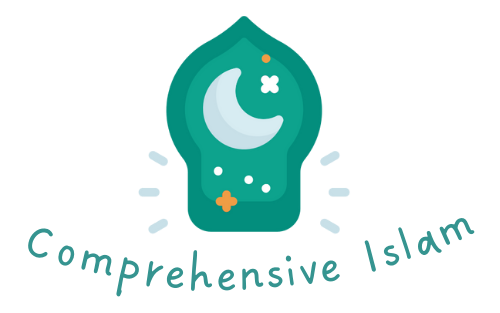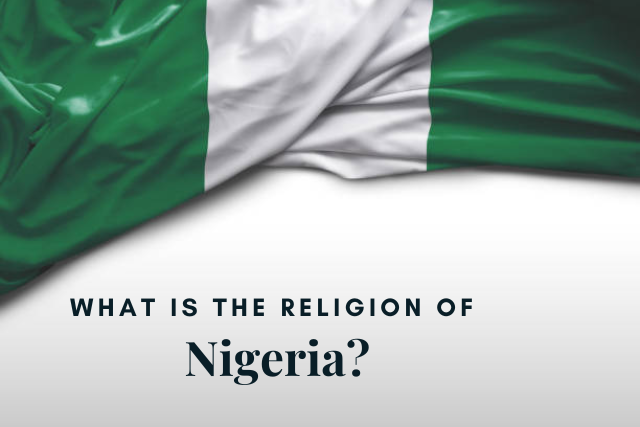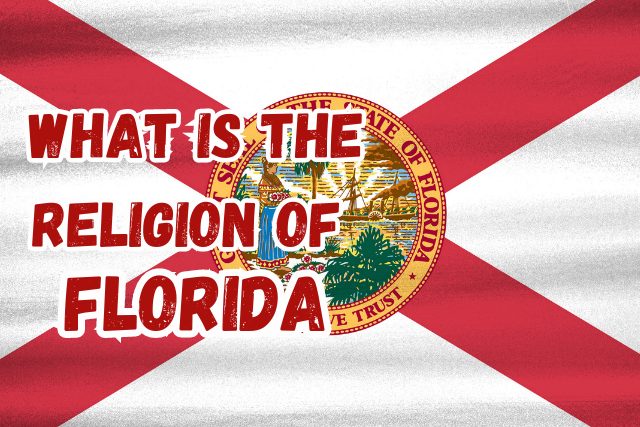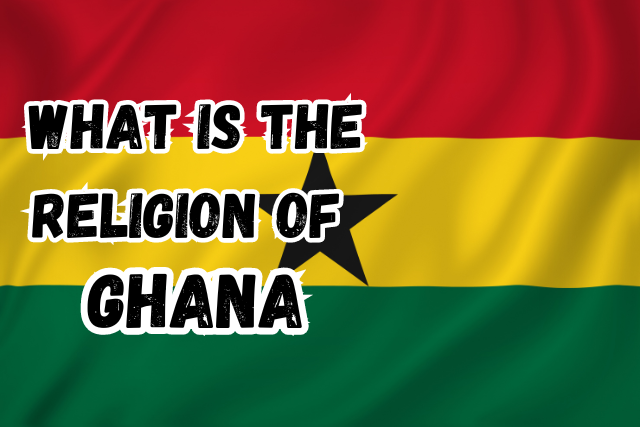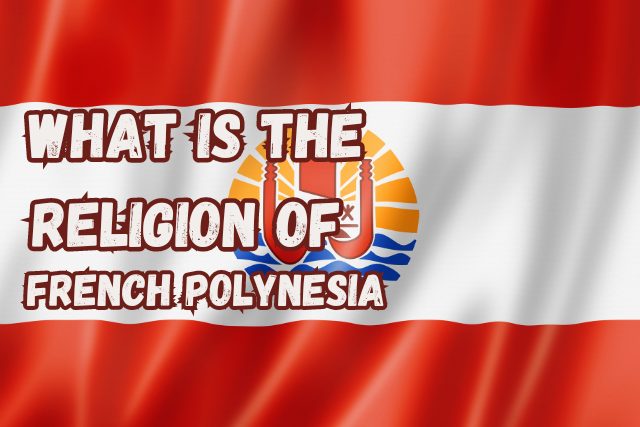What is the Religion of Saudi Arabia? Exploring the Dominant Faith
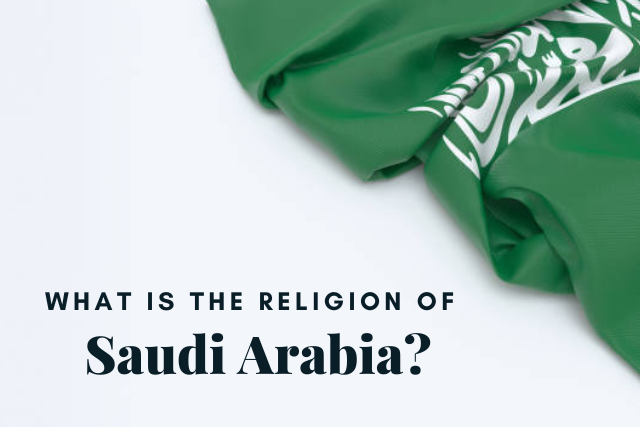
Saudi Arabia, a land steeped in tradition and history, is the birthplace of Islam. Religion is deeply embedded in the culture, laws, and daily lives of its people. In this exploration, we will delve into the multifaceted dimensions of what is the religion of Saudi Arabia, examining its dominant faith, unique interpretations, and the profound impact on both individual lives and national identity.
What is the Religion of Saudi Arabia?
Islam reigns supreme in Saudi Arabia. It wasn’t just born here; it was nurtured within the sacred precincts of Mecca and Medina, the two holiest cities for Muslims worldwide. The vast majority of Saudi citizens embrace Islam, with the most prominent branch being Sunni Islam. Within this branch, a specific interpretation known as Wahhabism holds significant sway, shaping the religious practices and societal norms of the country.
Islam in Saudi Arabia
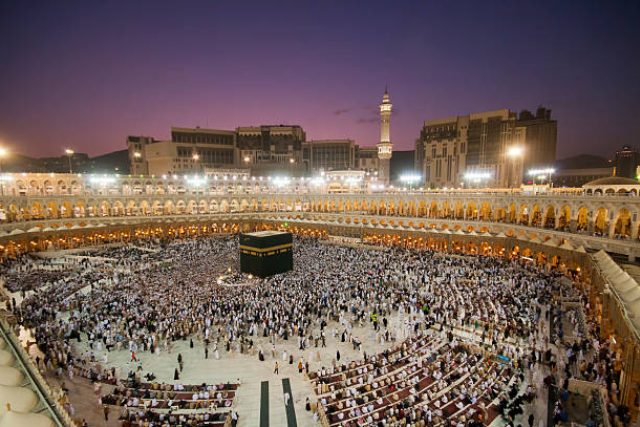
The influence of Islam is omnipresent in Saudi Arabia. From the majestic minarets piercing the sky to the melodious calls to prayer echoing five times a day, its presence is undeniable. The legal system itself is intricately intertwined with Islamic principles, drawing heavily from the sacred texts and the teachings of Prophet Muhammad.
Sunni Islam in Saudi Arabia
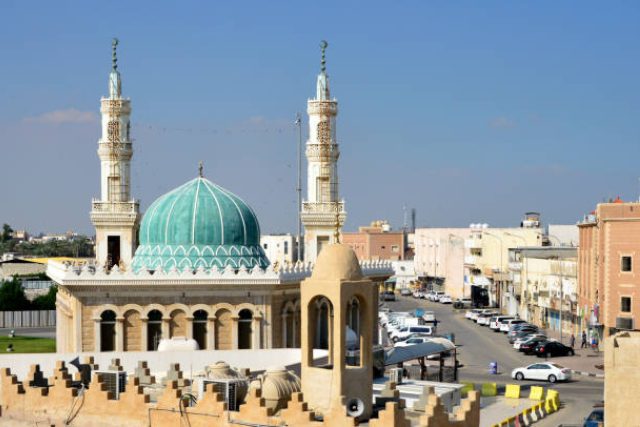
Sunni Islam, the largest branch of Islam globally, is deeply ingrained in the fabric of Saudi society. Sunni Muslims believe in the leadership of the first four caliphs following Prophet Muhammad’s death and prioritize the teachings of the Quran and the Hadith. In Saudi Arabia, Sunni Islam serves as the guiding force behind religious rituals, societal norms, and cultural practices, fostering a sense of unity and shared identity among its adherents.
Wahhabism in Saudi Arabia
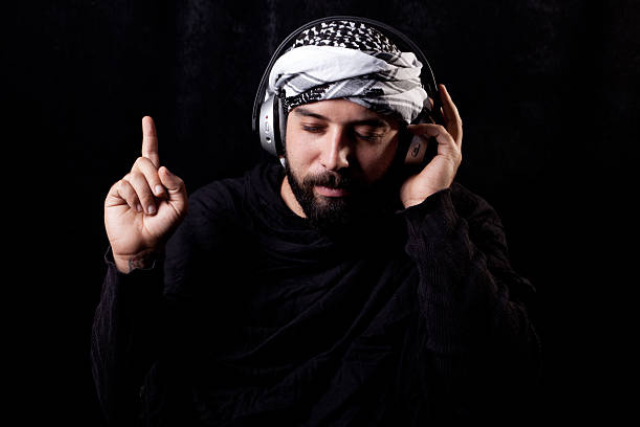
Wahhabism, a specific and influential interpretation of Sunni Islam, occupies a central space in Saudi Arabia. Founded by Muhammad ibn Abd al-Wahhab, it emphasizes strict adherence to the original tenets of Islam as practiced during the Prophet’s time.
Here are some core tenets that define Wahhabism:
- Tawhid (Monotheism): The absolute belief in one God, Allah, stands paramount.
- Sharia Law: Strict adherence to Islamic law derived from the Quran and the practices of Prophet Muhammad forms the bedrock of the system.
- Simple Mosques: Wahhabi mosques are characterized by their austere design, emphasizing prayer as the primary focus.
The influence of Wahhabism extends far beyond the realm of religious practice. It has significantly shaped the legal framework and educational system of Saudi Arabia.
The Importance of Mecca and Medina
For Muslims worldwide, Saudi Arabia holds immense significance due to the presence of Islam’s two holiest cities: Mecca and Medina.
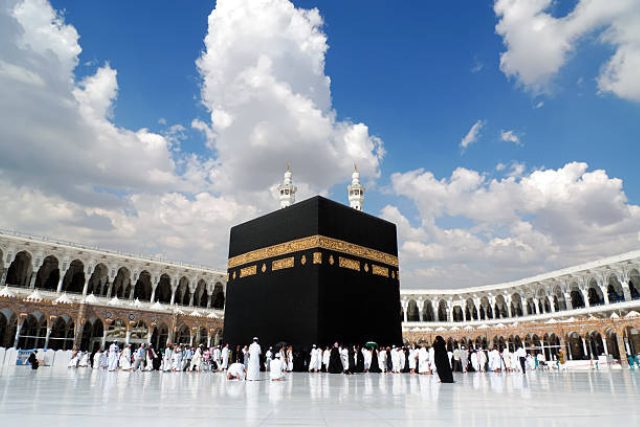
- Mecca: Home to the Kaaba, a cubical structure believed to have been built by Abraham and Ishmael, Mecca is the focal point of the Hajj pilgrimage, a mandatory duty for all able-bodied Muslims.
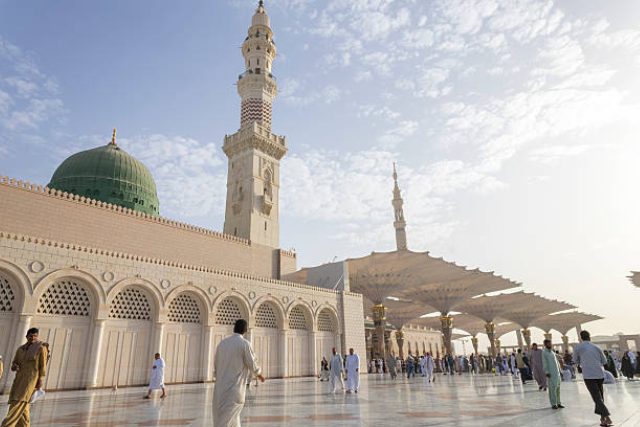
- Medina: The city where Prophet Muhammad (PBUH) migrated to and established the first Muslim community, Medina holds deep historical and religious significance.
Millions of Muslims undertake the Hajj pilgrimage each year, making it a central religious practice and a significant economic driver for Saudi Arabia.
Religious Practices in Everyday Life
Religion is deeply woven into the fabric of everyday life in Saudi Arabia. Here’s a glimpse into some common practices:
- Five Daily Prayers: Muslims perform five daily prayers at designated times throughout the day. Public calls to prayer (Adhan) serve as a reminder for these observances.
- Ramadan: The holy month of Ramadan is a time for fasting, prayer, and reflection. During this period, Muslims abstain from food and drink from dawn to dusk.
- Zakat: Charitable giving, a core Islamic principle, is practiced by many Saudis. Zakat, an obligatory charity, is calculated as a percentage of one’s wealth and distributed to those in need.
Religion and Different People
While Islam is the dominant religion in Saudi Arabia, the nation is home to a diverse array of religious communities, albeit in smaller numbers. Non-Muslims, primarily expatriate workers, are allowed to practice their faith privately, although public displays of non-Islamic religious observance are restricted.
FAQs About What is the Religion of Saudi Arabia
What are the top 3 religions in Saudi Arabia?
Islam is the dominant religion in Saudi Arabia, with Sunni Islam being the most prevalent branch. Shia Islam exists as a minority religion. There’s a small number of adherents to other faiths, primarily among foreign workers.
What is the main religion of Saudi Arabia?
Islam is the official and main religion of Saudi Arabia. The vast majority of Saudi citizens adhere to Islam.
Is Christianity allowed in Saudi Arabia?
The public practice of Christianity and other non-Islamic religions is not permitted in Saudi Arabia. However, non-Muslim foreign residents are generally allowed to practice their faith privately within their homes.
Is the Bible allowed in Saudi Arabia?
The import and distribution of non-Islamic religious materials like the Bible is restricted in Saudi Arabia.
How are non-Muslims treated in Saudi Arabia?
Non-Muslims in Saudi Arabia, primarily foreign workers, are expected to respect the country’s Islamic laws and customs. Public displays of non-Islamic faith are not allowed.
Which country has the most Muslims?
Indonesia holds the distinction of having the world’s largest Muslim population by country.
Summing Up
Understanding the dominant faith of Saudi Arabia sheds light on the essence of the nation. Religion undeniably reigns supreme, dictating the way people live, governing societal norms, and shaping the very identity of the country. As the nation evolves, religion will undoubtedly continue to play a pivotal role in its narrative, leaving an indelible mark on its future.
